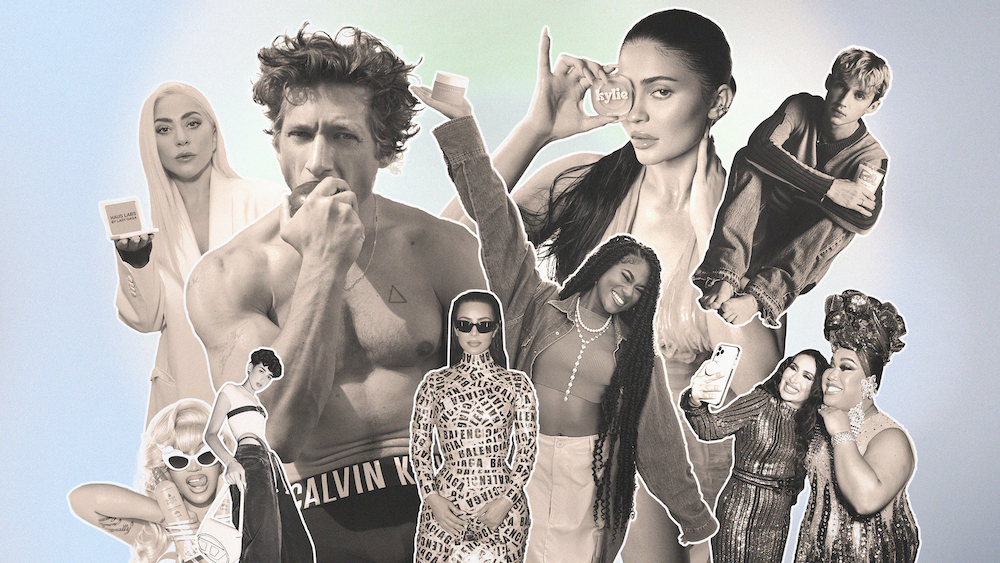Introduction
Celebrity endorsements have long been a powerful tool for brands to create awareness, drive sales, and build trust with consumers. By associating their products or services with famous personalities, companies hope to leverage the popularity, credibility, and influence of celebrities to reach a wider audience. However, despite the numerous advantages, celebrity endorsements come with challenges, including risks to brand image, high costs, and changing consumer behavior. This article explores the influence of celebrity endorsements on marketing and delves into the challenges brands face when using this strategy.
Rise of Celebrity Endorsements
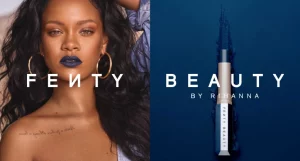
Celebrity endorsements have become a popular marketing tool over the past few decades. Brands realized that having a famous person promote their product could grab attention and influence consumer choices. As more people began to look up to celebrities, companies saw an opportunity to use this influence to their advantage. With the rise of social media, the impact of celebrity endorsements grew even more. Celebrities can now reach millions of fans instantly, making it easier for brands to connect with their target audience.
Benefits of Celebrity Endorsements
There are many benefits to using celebrity endorsements in marketing. First, celebrities can help create trust and credibility for a brand. When a popular celebrity endorses a product, many people feel more confident about trying it. Second, celebrity endorsements can boost brand awareness. A well-known celebrity can attract attention and make more people aware of a brand. Third, endorsements can create an emotional connection. Fans often feel a bond with their favorite celebrities, and this connection can influence their buying decisions. Overall, celebrity endorsements can drive sales and enhance a brand’s image.
The Power of Celebrity Endorsements in Marketing
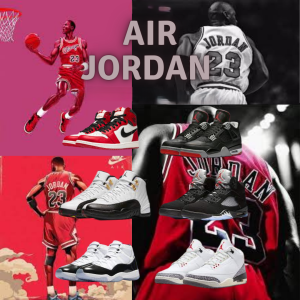
Celebrity endorsements significantly impact consumer purchasing decisions. When a well-known personality endorses a product, it adds an element of trust and authenticity that can influence consumers to choose that product over competitors. Celebrities often have large fan bases, and their influence extends to shaping opinions, fashion trends, and lifestyle choices.
For instance, when Nike partnered with Michael Jordan to launch the Air Jordan line, it transformed sneaker culture and boosted Nike’s market share. Similarly, Beyoncé’s collaboration with Pepsi demonstrated how brands can align themselves with global superstars to attract new customers and retain existing ones.
How Celebrity Endorsements Build Brand Credibility
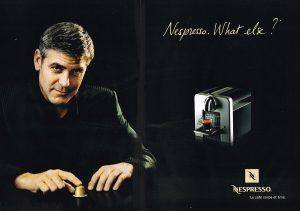
A celebrity endorsement can significantly enhance a brand’s credibility. Consumers tend to associate the positive attributes of a celebrity—such as talent, success, or integrity—with the product they promote. When a celebrity with a good reputation endorses a brand, it creates a halo effect, making the brand appear more credible and reliable.
For example, when George Clooney endorsed Nespresso, it not only positioned the coffee brand as premium but also reinforced its quality and sophistication in the eyes of consumers. Such associations help brands stand out in a crowded market.
Celebrities Build Trust with Consumers
When a well-known celebrity endorses a product, it instantly grabs attention. People trust celebrities they admire, and this trust often extends to the products they promote. For example, when a famous actor or athlete promotes a brand, many fans believe that the product must be of high quality. This trust can make consumers feel more confident about buying the product, even if they’ve never used it before.
Celebrity Endorsements Create Awareness
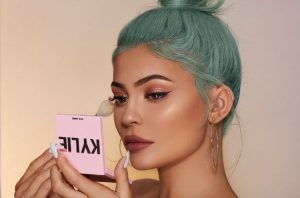
One of the key reasons companies use celebrity endorsements is to increase brand awareness. Celebrities have large followings, so when they endorse a product, it reaches a wide audience. For example, when Kylie Jenner promotes a new beauty product on her social media, millions of people see it. This kind of exposure helps brands become more recognizable, especially if they are trying to break into new markets.
The Emotional Connection Between Celebrities and Consumers
One of the reasons celebrity endorsements work so well is because of the emotional connection fans have with celebrities. People look up to celebrities as role models and often feel a sense of loyalty toward them. When their favorite celebrity endorses a product, fans are more likely to buy it, believing that it aligns with their values or lifestyle.
This emotional connection creates a strong bond between the product and the consumer, making the endorsement more impactful. Whether it’s an athlete promoting a fitness brand or a pop star endorsing a fashion label, the emotional attachment to the celebrity can translate into loyalty for the brand.
Changing Consumer Behavior and Skepticism
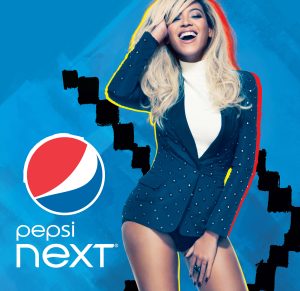
In today’s digital age, consumers are more informed and increasingly skeptical of celebrity endorsements. With the rise of social media and influencer marketing, consumers have access to more authentic, relatable content from influencers, who often have a closer connection to their audiences than traditional celebrities. This shift has caused some consumers to question whether celebrities genuinely believe in the products they promote or if they are simply endorsing them for financial gain.
As a result, brands must ensure that celebrity endorsements are authentic and align with the celebrity’s personal values and image. Otherwise, consumers may view the endorsement as insincere, which could backfire on the brand.
Celebrity Endorsements in the Age of Social Media
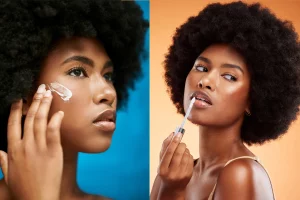
Social media has transformed the way celebrity endorsements are executed. Platforms like Instagram, Twitter, and TikTok allow celebrities to share endorsements with millions of followers instantly, creating a direct line of communication between the celebrity and consumers. This has made celebrity endorsements more personal and interactive, with celebrities often engaging directly with their audience through comments, live streams, and stories.
However, the rise of social media influencers has also shifted some focus away from traditional celebrity endorsements. Influencers often have smaller but more engaged audiences, and their content feels more relatable. As a result, many brands are now opting to collaborate with influencers rather than traditional celebrities for marketing campaigns.
The Risk of Celebrity Scandals
Another challenge with celebrity endorsements is the risk of scandals. Celebrities are constantly in the spotlight, and if they get into trouble, it can harm the brands they represent. For instance, when a celebrity faces legal issues or public backlash, the brand might suffer as a result. This can lead to a loss of trust, and in some cases, brands might have to drop the celebrity to protect their image.
High Costs Can Be a Challenge

While celebrity endorsements can bring great results, they often come at a high cost. Big-name celebrities charge millions for endorsements, which can be too expensive for smaller businesses. For example, a small company might not be able to afford someone like Beyoncé or LeBron James to promote their product. This is why celebrity endorsements are mostly used by large brands with big budgets.
Social Media Has Changed the Game
Social media has made it easier for celebrities to connect directly with their fans. Instead of only appearing in TV ads, celebrities now promote products through their own social media accounts. This direct engagement feels more personal and authentic to consumers. It also allows brands to target younger audiences, who are more likely to follow celebrities on platforms like Instagram or TikTok.
Consumers Want Authenticity
Today’s consumers are smarter and more aware of advertising tricks. They want to feel that a celebrity genuinely believes in the product they are endorsing, not just doing it for the money. If the endorsement feels fake or forced, it could backfire. This is why brands must choose celebrities who truly align with their values and products, ensuring the endorsement feels authentic and believable.
The Challenges of Celebrity Endorsements

Despite the influence celebrity endorsements have on marketing, they also come with several challenges. One of the biggest concerns is the cost. High-profile celebrities often demand significant compensation for endorsements, making it a costly strategy for brands, especially smaller companies.
Another challenge is the risk to brand reputation. If a celebrity becomes involved in a scandal or controversy, the brand they endorse may suffer by association. For example, when Tiger Woods faced personal controversies, several brands, including Accenture and Gatorade, ended their endorsement deals to protect their image.
Future of Celebrity Endorsements

The future of celebrity endorsements is likely to change as marketing continues to evolve. With the rise of social media influencers, brands may start to shift their focus from traditional celebrities to influencers who have dedicated followers. Influencers often have a closer connection with their audience, making their endorsements feel more genuine. Brands will need to adapt to this trend and find ways to integrate both celebrities and influencers in their marketing strategies. Authenticity will continue to be crucial as consumers increasingly seek real connections with the brands they support.
Comparative Table: Celebrity Endorsements vs. Influencer Marketing
| Aspect | Celebrity Endorsements | Influencer Marketing |
|---|---|---|
| Reach | Global reach due to celebrity’s mass appeal. | Niche, targeted audiences. |
| Cost | High, especially for top-tier celebrities. | Generally lower cost than celebrity endorsements. |
| Authenticity | Sometimes perceived as commercial and less authentic. | Often viewed as more authentic and relatable. |
| Risk | Higher risk if celebrity faces personal controversies. | Lower risk, but still subject to influencer credibility issues. |
| Connection with Audience | Based on admiration and fandom. | Stronger personal connection with followers. |
| Content Creation | Typically limited to commercial advertisements. | Flexible, often involves creative content by influencers. |
Analysis Table: Key Factors in Celebrity Endorsements
| Factor | Impact | Example |
|---|---|---|
| Credibility | Builds trust through association with the celebrity. | George Clooney for Nespresso. |
| Emotional Connection | Fans’ loyalty to the celebrity enhances product appeal. | Rihanna for Fenty Beauty. |
| Cost | Can be prohibitively expensive for smaller brands. | Nike’s investment in Michael Jordan. |
| Risk Management | Negative celebrity behavior can harm the brand. | Tiger Woods and lost sponsorships. |
| Audience Reach | Expands product reach to global markets. | Serena Williams for Gatorade. |
Conclusion
Celebrity endorsements remain a valuable marketing tool, capable of driving sales, boosting brand awareness, and establishing credibility. However, they come with inherent challenges, such as high costs, risks to brand reputation, and changing consumer behavior. To make the most of celebrity endorsements, brands must ensure that their partnerships are authentic and align with both the celebrity’s and the brand’s values. As the marketing landscape evolves, celebrity endorsements must adapt to remain effective, especially in a world where social media and influencer marketing are becoming increasingly dominant.

